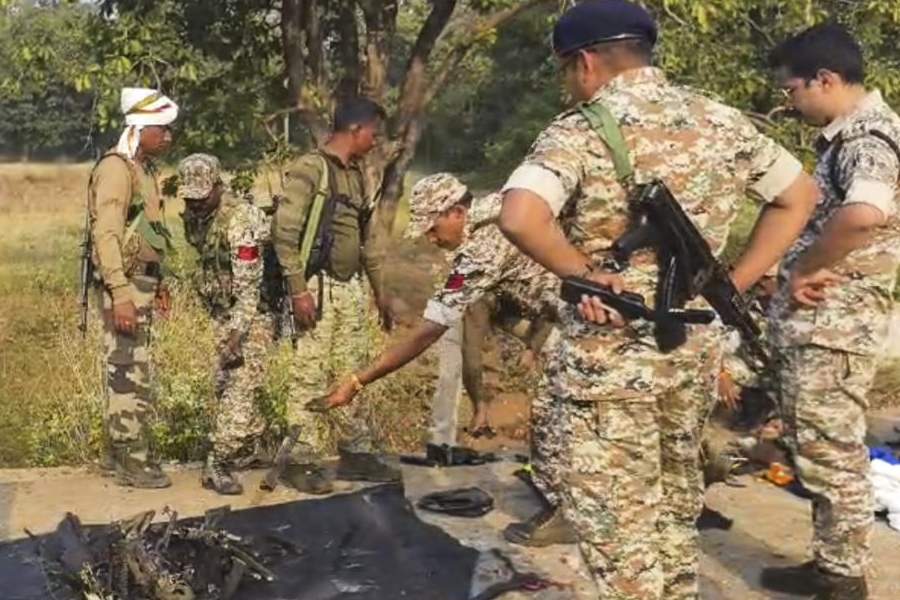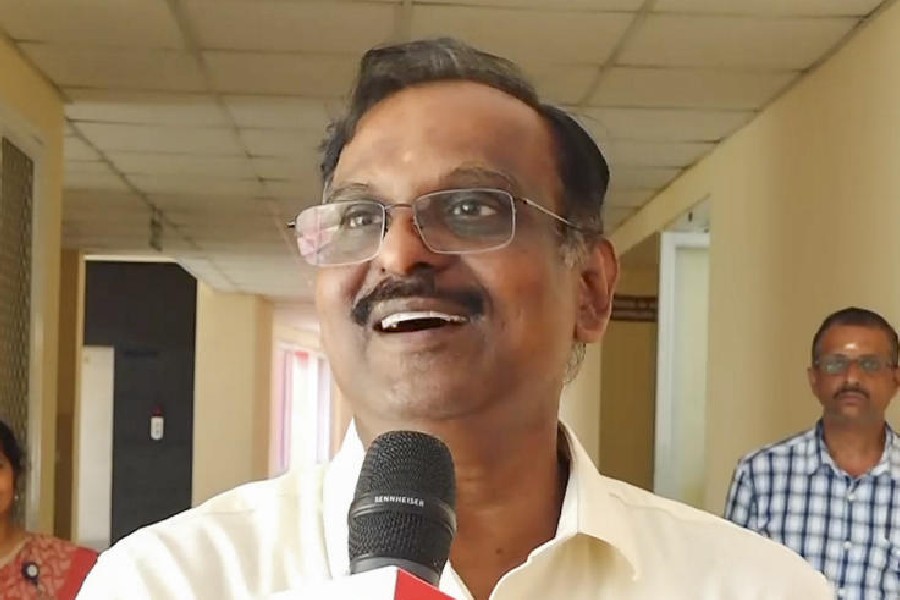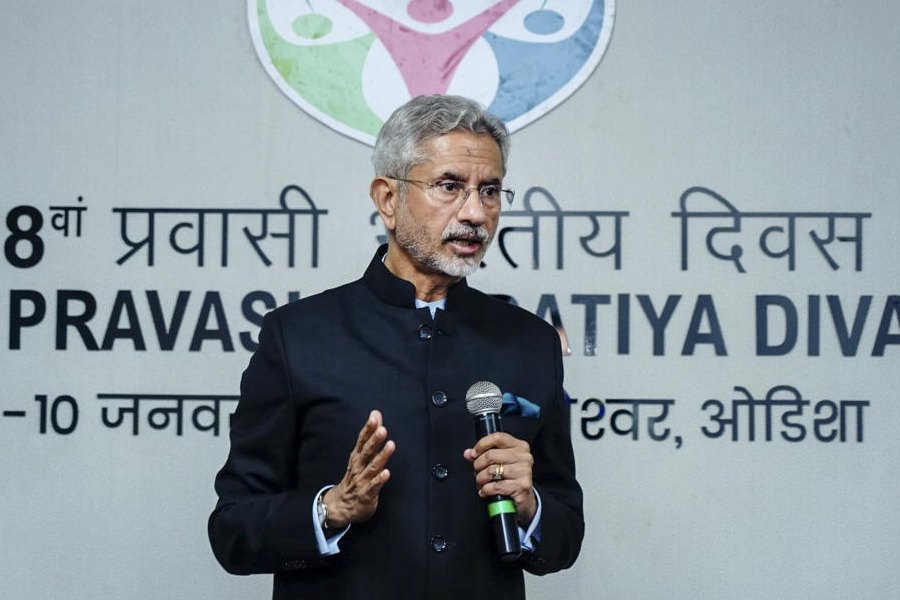“Freedom from hunger, freedom from price rise,” a woman in hijab told a crowd that shouted back in solidarity.
Dilshad Noor’s headband read “NO CAA NRC”, a reference to the Citizenship (Amendment) Act and the proposed National Register of Citizens.
It was 4pm on a rainy Wednesday. The demonstration near New Market against the new citizenship regime was going through a sleepy phase when Dilshad, a homemaker from Rajabazar, took the mic.
After finishing her 10-minute speech that breathed new life into the sit-in, Noor stepped off the dais, embraced her three-year-old son and went back to where they were sitting.
“A year ago, I would not have dreamt of being part of a political protest, let alone giving a speech. But in a way, life has changed for the better. As a citizen, I am much more involved now,” Noor told Metro.
“I barely watched news or read newspapers before this CAA-NRC-NPR trouble started. But now, I know Amit Shah is lying when he says CAA is harmless. The CAA-NPR-NRC is meant to act as a Muslim filter,” added Noor, a graduate in Persian.
She is not alone. The multiple protests against the new citizenship thrust has changed the lives of thousands of Muslim women, a majority of whom do not remember ever stepping out of their homes to join a “mass movement”.
The demonstration at Chaplin Square near New Market had a sizeable women presence since day one — January 21. A barricaded place on the left of the dais was reserved for women and children. Their privilege: quilts and mattresses to sit, compared with the bare road for men.
Three teenage girls, students of Class X in the same school near Bowbazar, were seen at the New Market protest site with schoolbags and exercise books. “We try to do our homework here,” one of them said.
A 4km drive away, thousands of women are leading a similar protest at Park Circus Maidan.
Rosy Khatun, a homemaker from Metiabruz, was at Park Circus with four children, the youngest a two-year-old boy. “It’s tough to keep them out for so long. But they are at least with me here. Back home, there is no one to look after them. All women in my family are here,” said the homemaker, pointing to her mother-in-law and sister-in-law.
Women-led demonstrations are also taking place in Kidderpore and on Zakaria Street.
Most of the women protesters have tweaked their daily routine to take part in demonstrations. Some spend two shifts at protest venues, while others turn up in the afternoon and return home well past midnight.
Nazia, in her early 20s, is a regular at the Park Circus Maidan protest. The Topsia resident stitches salwar suits to support her family. Her father is a driver. She reaches the protest venue in the afternoon and leaves around 9pm.
“I did five suits a day. Now, maximum two,” she said. Nazia cannot work on the stitching machine beyond midnight because the sound will disturb others in the building.
If Nazia had curtailed stitching, Farida Khatun had cut down on cooking. Khatun used to cook three times a day. Now, she cooks in the morning for the entire day, or buys food from outside. Her husband, who works at a garments shop near Ultadanga, has told her that “the movement is more important than their daily lives”.
Khatun has never been to school. She said she did not “fully understand” the nitty-gritty of the amended citizenship law. “But I can sense fissures (daraar) in our daily lives.... I can feel an attempt to demonise our community.”
On Wednesday evening, a middle-aged Muslim man dropped a Rs 50 note inside a ‘donation box’ near the Chaplin Square dais. He said he pulled vans to ferry second-hand electronic goods from a store in Chandni Chowk. “My wife and children live at Katihar in Bihar. They are living in fear. What is happening in the country is not right. But I cannot skip work because I have to feed my family. I am so proud of these women,” he said.










